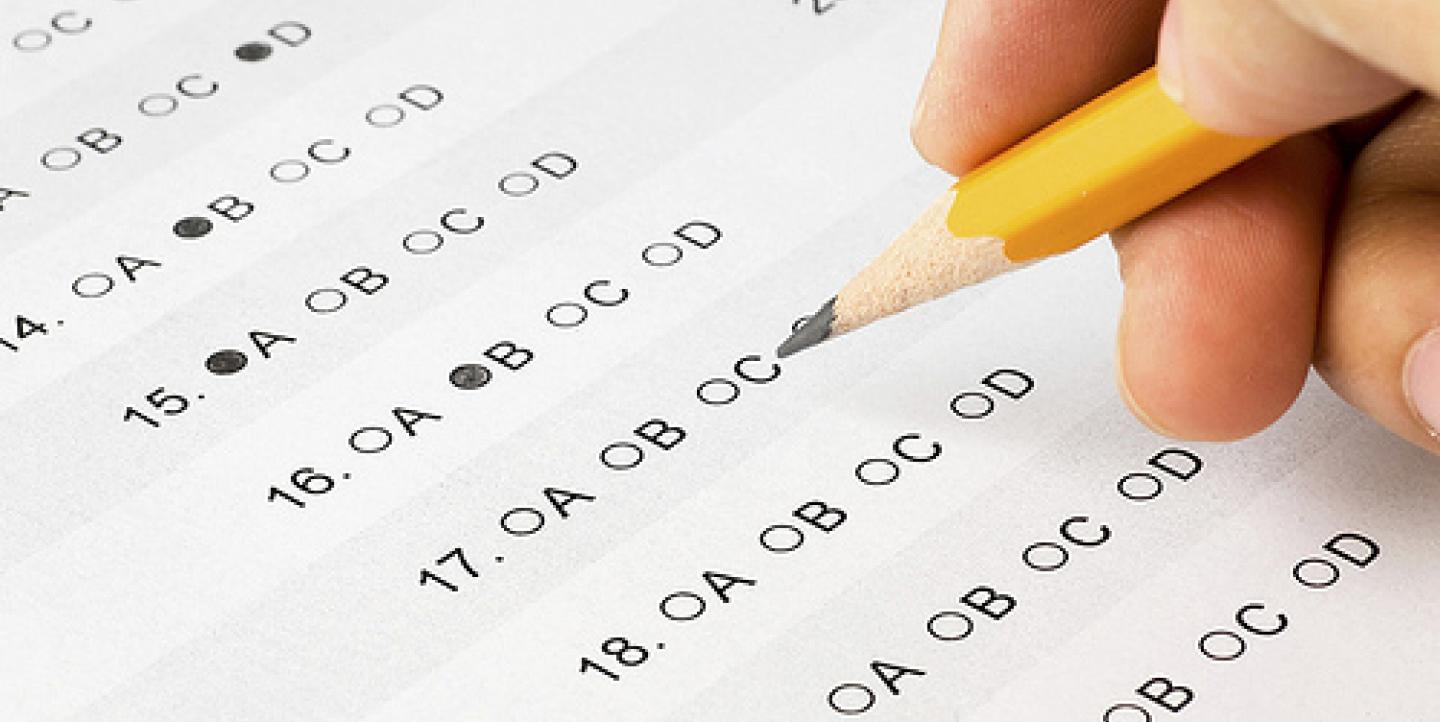Journalists should always apply the public interest test before deciding whether to cover a story. For most issues it's fairly clear what is and what is not in the public interest; for some it's more complicated, particularly where privacy is concerned.
The first task, however, is to separate what is in the public interest from those things members of the public are interested in; they are not necessarily the same. The fact that the public may be interested in something has nothing to do with whether it is in the public interest.
Wikipedia defines the public interest as "the common well-being" or "general welfare." The public interest is in having a safe, healthy and fully-functioning society.
In a democracy, journalism plays a central role in that. It gives people the information they need to take part in the democratic process. And if journalists are good at their job, they hold governments and other institutions to account.
Deciding what is in the public interest
So there is a public service ethic at the heart all of serious journalism. To fulfil this public service role, journalists must behave ethically. They must build and retain the trust of their audiences by behaving in a professional, ethical way.
This site's training modules on editorial ethics cover many of the issues involved. But sometimes there are reasons to vary from standard, good practice, in order to bring an important subject to the public’s attention.
This is where you apply "the public interest test." For example, journalists should normally be honest about who and what they are; they should always give their names and say which news organization they work for. A journalist needs to be straight themselves if they want straight answers from others.
However, sometimes a journalist might have to "go underground" to uncover serious crimes. This is an act of deception, which is generally to be avoided, but, if it brings justice and an end to criminal activity, it may be justified in the wider public interest.
The private lives of public figures
Another common example is the private lives of public figures. Journalists should not normally intrude into the private lives of people - but there might be a case for doing so if the public figure in question is behaving differently in private from what he or she is advocating in public.
In this case, media intrusion - normally an objectionable practice - exposes hypocrisy and dishonesty, but the intrusion must be clearly shown and clearly seen to be in the wider public interest.
Things get more difficult when the story in question may actually involve a journalist breaking the law, or encouraging someone else to do so. Some countries build "the public interest" into their legal systems. For example, the UK has an Act of Parliament that protects "whistle blowers" who expose wrongdoing in their place of work.
So if you want to publish a difficult or controversial item because it is "in the public interest" it is highly advisable to know whether the legal framework will give you any protection, or not.
Will society benefit from the publication of your material?
The key question is always whether society will benefit more from the publication of the story than it will be damaged by irregular journalistic behavior. That decision will involve difficult and delicate judgement, and each case must be considered on its own merits. If you get the decision wrong, you might well damage your own news organization and do a disservice to the wider society.
The decision, therefore, is not one for the individual journalist. Always refer up. Because the stakes are so high, the decision must be taken by the editor, or the highest available authority in your news organization.
Some public interest justifications
If the decision is taken to publish, it’s likely to be because the story would do one of these things:
- Correct a significant wrong
- Bring to light information affecting public well-being and safety
- Improve the public’s understanding of, and participation in, the debate about a big issue of the day
- Lead to greater accountability and transparency in public life
None of this is easy. Journalists grapple with these issues every day. And there are many other factors at play that are not even touched on in this brief training module, but if you get the public interest test right, you will be fulfilling the highest purpose of journalism.
This article first appeared on the site of IJNet’s partner, Media Helping Media, and was and published on IJNet with permission. The original article can be found here.
Media Helping Media is a training information site that provides free media resources for journalists working in transition states, post-conflict countries and areas where freedom of expression and media freedom is under threat.

